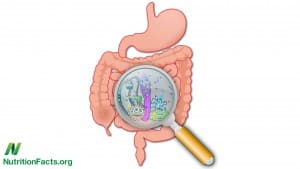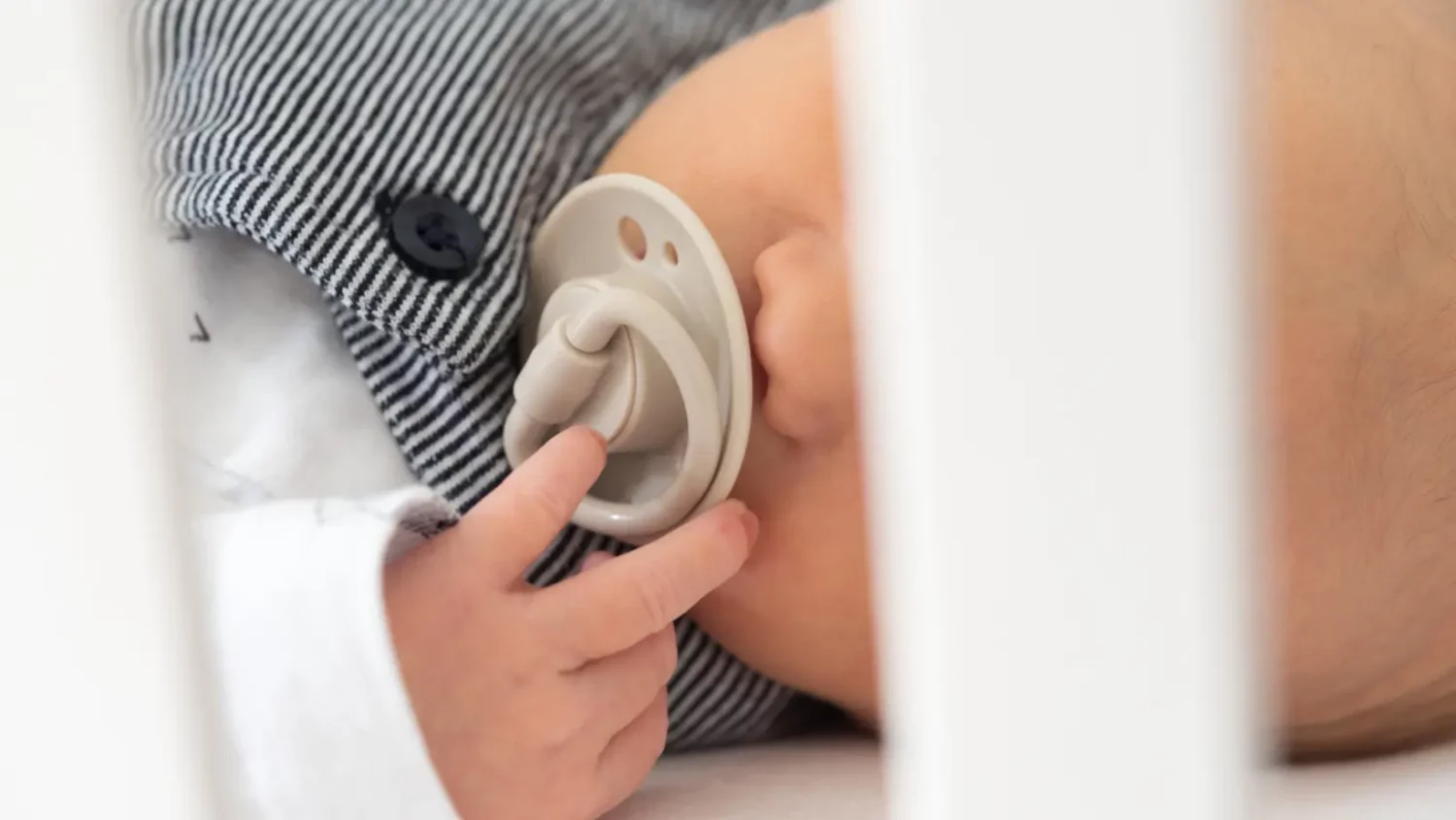Read the previous part, Baby Intestinal Immunity / Intestinal Microbiota.
Updated article on April 2022.
It’s all about balancing good vs. not-so-good bacteria. Balance is difficult to maintain and is influenced by different factors. If the microbiota has been compromised by an infection, taking an antibiotic, having allergy or diarrhea, the immune barrier function of the intestine will be affected, while colic, constipation or regurgitation, are also associated with a problem. imbalance of the microbiota but more associated with a neurodevelopmental disorder (immaturity) which will be more related to the brain-gut axis.
In a healthy baby with microbiota, it has been shown that they have less fever, diarrhea, colic, regurgitation, diaper rash and consequently takes fewer antibiotics. There are also lower rates of obesity because their intestines absorb better.
Antibiotics combat more than just bad bacteria, which can become resistant when antibiotics are taken repeatedly. They also attack good bacteria by modifying the intestinal environment. This makes it more vulnerable to infections, and the antibiotics will in no way act on the virus.
Taking antibiotics during the neonatal period, even for short periods, significantly increases the weakening of the 6-month-old baby’s microbiota.
When talking about the first 1000 days in the life of a newborn, their intestinal system development is important, which is associated with the presence of glial cells. A three-year-old child will have a developed a mature intestinal function both for immune and inflammatory responses, and this for the rest of their lives.
What is the difference between intestinal microbiota and intestinal flora?

This article will help you better understand this aspect of your baby. As a parent, you have to do your best to prevent infections in your baby. You can’t control everything, and despite taking precautions, the baby still risks contracting infections which will help build their immune system over time. Meanwhile, a good diet, lifestyle habits that balance routine, sleep and activities will help with prevention.
We also think that probiotics (good bacteria) can be a good alternative preventative measure for pregnant women, those who have allergies in the family (primarily asthma, eczema and food allergies). We also know that breast milk naturally contains good bacteria called bifidobacteria. They’re part of the elements that give breast milk protective properties. These include creating healthy and balanced intestinal flora, increasing antibodies, maintaining a healthy intestinal wall, and repelling harmful bacteria. Breast milk also contains prebiotics, mainly acting as food for good bacteria in the child’s intestinal microbiota. For example, it contains 150–200 types of oligosaccharides.
According to the latest paediatric gastroenterology research, it seems that for babies, taking probiotics (Bifidobacterium lactis or B. lactis probiotics) can improve eczema and reduce the length of infectious diarrhea periods. Even if Health Canada recognises bifidobacteria, the evidence doesn’t indicate that we should add it during breastfeeding, to newborn formulas or to your diet. Further studies need to be completed before making scientific conclusions.
But to date results are very encouraging. To date, there are two probiotics approved as safe for newborns : Bifidobacteria to strengthen the immune system and Lactobacilli to help gastric emptying and gastrointestinal disorders in young children (colic, regurgitation, reflux, diarrhea, allergic conditions) (ex.: Biogaia for infants (ad 1 year old) at the rate of one drop for 2 days when starting, then gradually increase every 2 days, up to the number of drops recommended by the manufacturer, according to the age of the baby or your pharmacist).
Meanwhile, there are really no contraindications to taking probiotics. Results of clinical trials are more positive than negative relating to changes noted after use, unless there are allergies to components in the probiotic in question. So it’s very unlikely that they can be dangerous.
For more information, consult the clinical guide to probiotic products sold in Canada.
Marie Fortier
The Baby Expert


